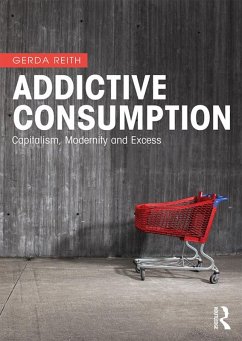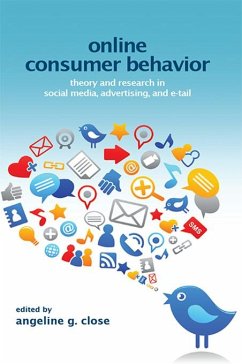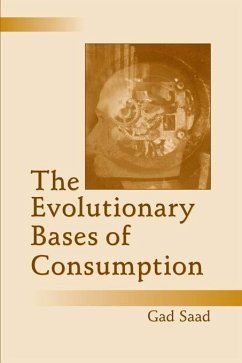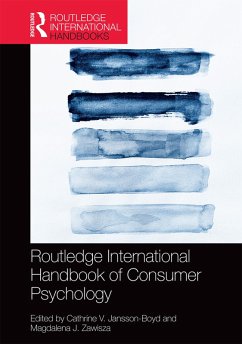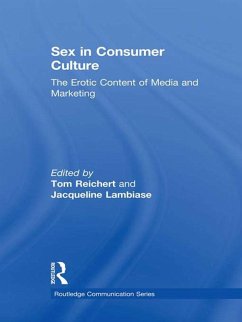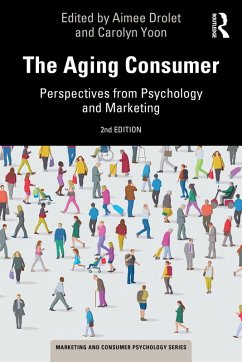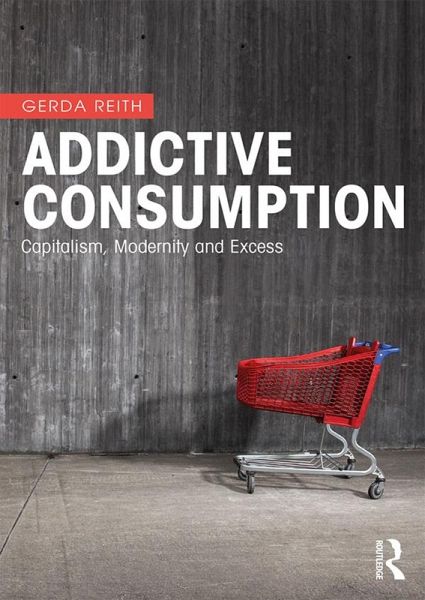
Addictive Consumption (eBook, PDF)
Capitalism, Modernity and Excess
Versandkostenfrei!
Sofort per Download lieferbar
39,95 €
inkl. MwSt.
Weitere Ausgaben:

PAYBACK Punkte
20 °P sammeln!
In this engaging new book, Gerda Reith explores key theoretical concepts in the sociology of consumption. Drawing on the ideas of Foucault, Marx and Bataille, amongst others, she investigates the ways that understandings of 'the problems of consumption' change over time, and asks what these changes can tell us about their wider social and political contexts. Through this, she uses ideas about both consumption and addiction to explore issues around identity and desire, excess and control and reason and disorder. She also assesses how our concept of 'normal' consumption has grown out of efforts ...
In this engaging new book, Gerda Reith explores key theoretical concepts in the sociology of consumption. Drawing on the ideas of Foucault, Marx and Bataille, amongst others, she investigates the ways that understandings of 'the problems of consumption' change over time, and asks what these changes can tell us about their wider social and political contexts. Through this, she uses ideas about both consumption and addiction to explore issues around identity and desire, excess and control and reason and disorder. She also assesses how our concept of 'normal' consumption has grown out of efforts to regulate behaviour historically considered as disruptive or deviant, and how in the contemporary world the 'dark side' of consumption has been medicalised in terms of addiction, pathology and irrationality. By drawing on case studies of drugs, food and gambling, the volume demonstrates the ways in which modern practices of consumption are rooted in historical processes and embedded in geopolitical structures of power. It not only asks how modern consumer culture came to be in the form it is today, but also questions what its various manifestations can tell us about wider issues in capitalist modernity.
Addictive Consumption offers a compelling new perspective on the origins, development and problems of consumption in modern society. The volume's interdisciplinary profile will appeal to scholars and students in sociology, psychology, history, philosophy and anthropology.
Addictive Consumption offers a compelling new perspective on the origins, development and problems of consumption in modern society. The volume's interdisciplinary profile will appeal to scholars and students in sociology, psychology, history, philosophy and anthropology.
Dieser Download kann aus rechtlichen Gründen nur mit Rechnungsadresse in A, B, BG, CY, CZ, D, DK, EW, E, FIN, F, GR, HR, H, IRL, I, LT, L, LR, M, NL, PL, P, R, S, SLO, SK ausgeliefert werden.




